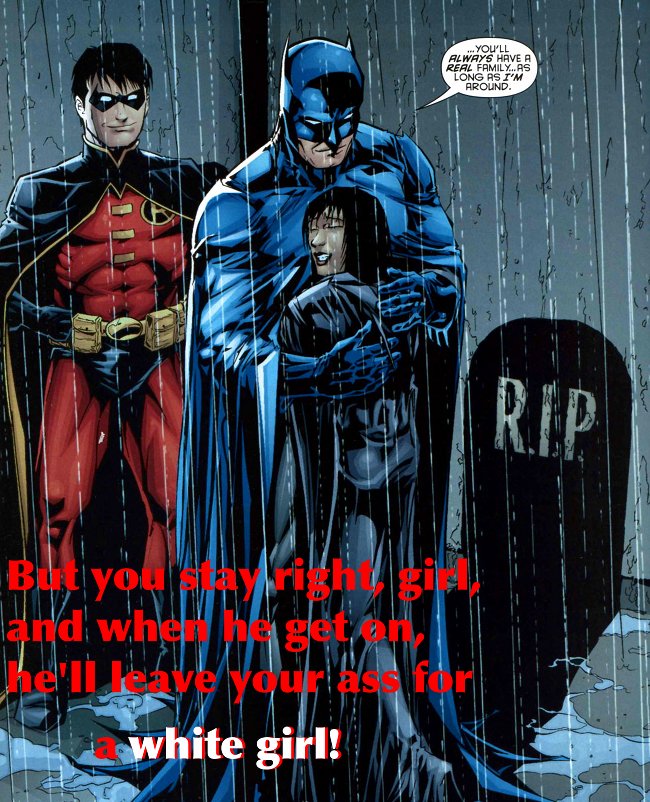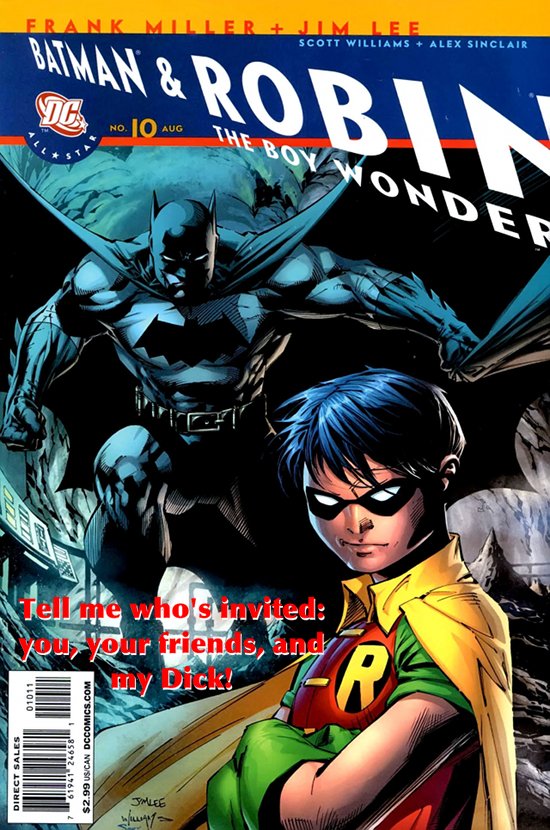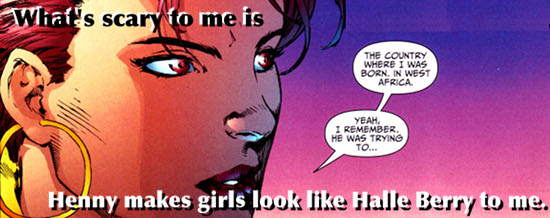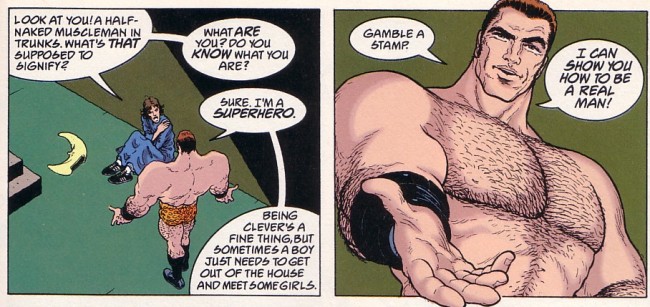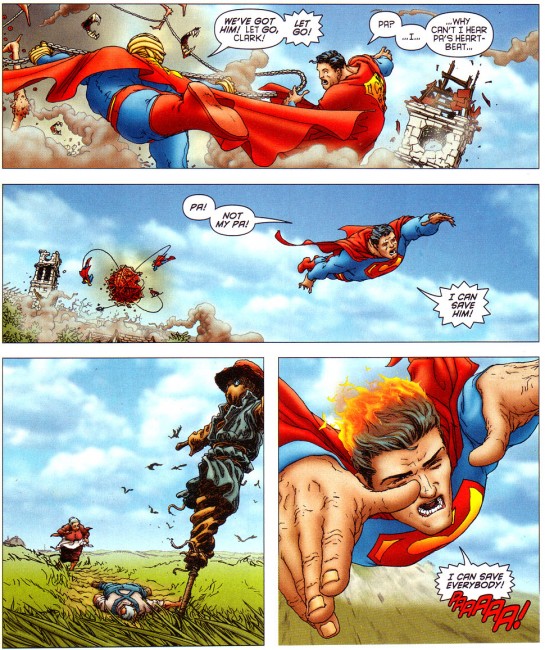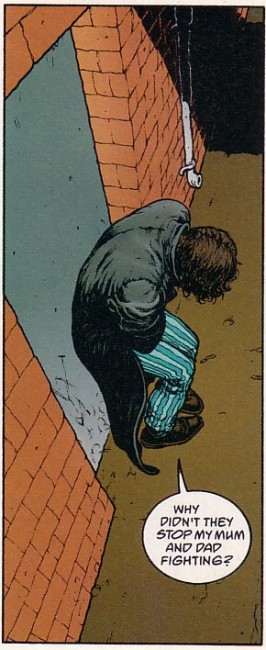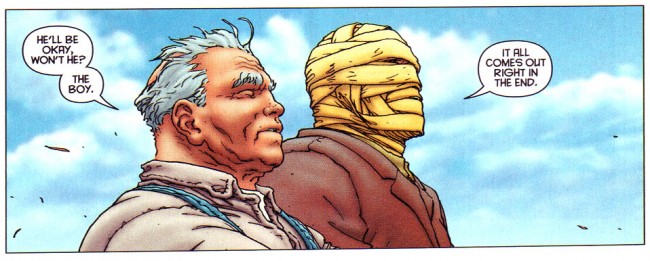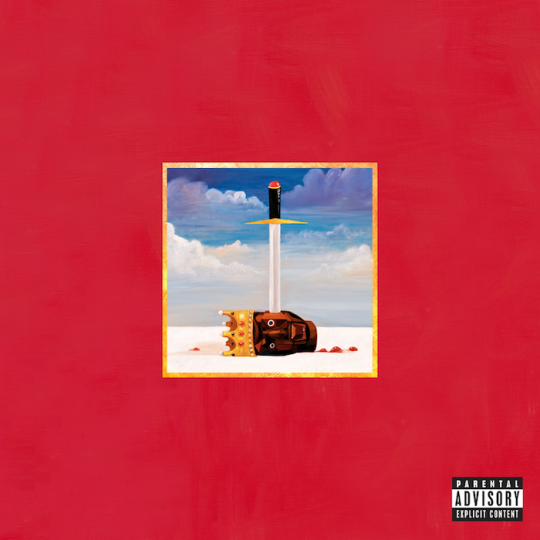
Over the past week, I’ve watched a handful of episodes of One Piece on Hulu, picked up half a dozen new and old albums on Amazon across a variety of genres, bought eight issues of Eric Shanower and Skottie Young’s The Wonderful Wizard of Oz for reading on my iPod, added samples of a couple ebooks to the same, and purchased Persona 3 Portable for my PSP. The whats don’t really matter here. People buy things all the time, and I’m no different. The how, though, is pretty interesting when you think about it. I did most of this from my couch, and no physical media was involved. It was entirely digital. And without piracy, I don’t think it would have happened at all.
Companies, or corporations, or whatever, are generally conservative. Once they have a revenue stream, they will squeeze it until it’s dry, and then keep squeezing, just in case. When faced with a new way of making money, they will first try to graft old business models onto it and essentially make money the same way they always have. When forced, they will embrace new paradigms, but not without a fight.

On top of that, businesses are by their nature hostile to consumers. They want your money, first and foremost, and anything that allows them to maximize the amount of your money they get is probably going to be fair game. When Jay-Z said, “I’m a hustler, homey/ You a customer, crony” in “Dirt Off Your Shoulder,” he summed up exactly how the consumer and manufacturer relationship works. They’re about money, and if you have money, you’re a target.
In the past, if you wanted to watch a tv show, you had to tune in at the right time or hope someone taped it for you (which was probably technically illegal). If you wanted to buy an album or hear a song, you needed the radio or a record shop. Video games? Go to Funcoland. Books? Hit the library. And on and on and on.
The internet, and piracy, changed that forever. For the first time, non-physical media became a possibility. MP3s caused a catastrophic drop in the perceived value of music. Being able to store hundreds, or thousands, of songs on a computer, and later an mp3 player, makes you rethink how you approach music. You don’t have to buy albums that are half filler just to get the two or three songs you like. You can just get those songs. Even if you like all of an album, you don’t need a six foot high stack of jewel cases any more. It fits in your pocket.

The record industry reacted conservatively, or maybe with abject horror. Rather than leaping on the format, which was small enough to be downloaded easily even over 56k (bitrate depending), the RIAA moved to block anything that could play it. Later, they tried to eradicate it by creating un-rippable CDs. Still later, once they realized it wasn’t going to go away, they produced their own portable music format. This was loaded with software that let you play your music at their discretion, and only on machines or via software that they allow. Years later, they gave up on DRM and finally let you have what you paid for, playable on whatever you want, whenever you want.
Years ago, I modded my first Xbox. It took nothing but a bit of video game and a file loaded onto a memory card. After that, I could copy games I bought to my Xbox’s hard drive, or just straight up download games and do the same. It was absurdly convenient, and made things like Halo parties or marathoning games with friends much, much simpler. Same for the PlayStation 2, after the hard drive for that dropped.
There are plenty of other examples. Downloading movies, books, anime, tv shows… comic books. Take your pick. Piracy changed how people, normal people, consume media. The free price point is worth a lot, obviously, but the convenience and ability to do what you want with what you’re consuming counts for even more, I’d say. If I wanted to kick a friend or cousin a song I liked, I could do that. If I wanted to play a bunch of games at somebody’s house without bringing over eighteen cases, I could do that.
It’s years later now, and things aren’t much different in effect. If I want to go over a friend’s house for some games, I throw my PS3 into a backpack and head over. At most, I’ll grab Rock Band 3 and the keyboard. When I go to watch TV, a movie, or the Ohio State game, I get on my computer or PS3. When I want to read a book, I don’t pick up something made of dead trees. I pick up a little electronic device.
The method of execution, though, is definitely different. I can pay for all of this now, and I get content when and how I want it at a price I think is reasonable. I recognize that I am a target, but I don’t feel like I’m being victimized or gouged by someone’s quest for profit. Just flicking through my Amazon playlist on iTunes, which contains everything I’ve bought from there, I can guesstimate that I buy a new album every couple of weeks. The rest of my collection is filled out with free mp3s direct from the artists themselves, mixtapes, or things I’ve found on Bandcamp. I use Netflix for movies, Hulu for TV, and ESPN3 for sports. Amazon’s Kindle service puts books in my hand less than a minute after I buy them, and I read them on the same thing that plays music. I recently got a PSP (again) and decided that I’d not buy any of those dumb little discs for it. Why should I? I can turn on my PSP or PS3, click an icon, navigate to what I want, click “Checkout” and bam, it’s downloading. I don’t need discs any more.
What do I want? Everything. When do I want it? Now. This is the world we live in.
Am I endorsing piracy? Obviously not. If you don’t support the arts, there won’t be any arts. Every idiot who ever had something they liked cancelled on them could tell you that. Culture doesn’t grow on trees. But, at the same time, it is what it is. Piracy isn’t going to go away. People counterfeited Renaissance-era art. We used to get bootleg tapes from the man at the barbershop. If people are going to pirate, they’re gonna pirate, and to be perfectly frank, you can’t stop them. Weed is still illegal, but I guarantee if I wanted a half ounce I could make a call after work and have it before dinner, possibly even in dessert form. Just because it’s wrong doesn’t mean it isn’t easy to find.
I don’t think you should try to justify piracy, or anything you do that’s legally wrong. I think that’s just another way of lying to yourself. That’s just childish. But at the same time, this sort of hardline, “We have to eradicate piracy!” stance that shows up in places like the comments here on Johanna Draper-Carlson’s latest post about piracy? That’s a fantasy. It’s got no basis in reality. It makes about as much sense as all the nonsense I was taught in DARE as part of the War on Drugs and is probably a third as effective. Telling someone “This is bad!” hasn’t stopped anyone from doing anything since the Garden of Eden. Most people will do the right thing out of the goodness of their own heart, but if somebody’s gonna pirate? They’re gonna pirate, doggie, and they’re gonna keep ignoring you. Ask Nancy Reagan about how effective the War on Drugs has been sometime. It’s cool that you disagree or whatever, but those of us here are trying to talk about the real world, where mean things happen and you can’t do anything about it.

It’s unfair, but that’s life. Life sucks. Wish I could say otherwise, but, hey, it is what it is. And it isn’t going away. So, all that’s left to do is look at why people are flocking to pirated goods. The answer isn’t “because it’s free.” That’s a significant part of the equation, to be sure, but it isn’t the whole story. And if you’re trying to fix piracy, for whatever value of “fix” you personally hold, and you aren’t looking at the entire picture, you’re a fool. You can’t judge the width and breadth of something by looking at it with a microscope.
Not all pirates are customers. Every torrent completed on Demonoid isn’t a lost sale. Some people download stuff just to be downloading. They like the e-cred, or they’re completely OCD and it’s easier to count mp3s than bits of straw. It is pretty much impossible to discern between pirates and potential customers, but arguing as if all the people who downloaded your joint off Demonoid would’ve bought it is lunacy. I see a lot of guys walking around with girls in this city, but that doesn’t mean every single girl was a potential girlfriend that I’ve now lost forever thanks to someone getting in the way. A few of them? Sure. Most of them? Yeah, sure, I believe that on days when my ego is completely out of control. But all of them? That’s crazy talk.
The music, video game, publishing, and film industries, once they got done recoiling in abject horror and pretending piracy had no redeeming value at all, finally listened to the people who wanted to be their customers rather than pirates. They gave us what we want in a way that benefits both of us. I get to pay for things I want and in a format I’m cool with and they get what’s basically a constant stream of money shooting out of my wallet.
If you want to fight piracy, you have to be better than piracy. Crap advice? Maybe, but it applies in almost every aspect of life. Want to make more money than the brown-nosing douchebag down the hall? Make yourself more attractive to your employer than he is. Want to date someone, but your predatory homeboy is after the same girl you are? Be better than him. If you want to compete against people with an unfair advantage, you do better or you lose. And even then, sometimes, you still lose.

A huge selling point of digital media is convenience. That makes convenience into an anti-piracy measure. It gives me a choice. I can hop onto rapidshare and download an album, then possibly re-tag, and then add album art, and then add it to iTunes, or I can kick Amazon five to ten bucks and get some high-quality audio, (usually) properly tagged, and with some nice album art built in. Nine times out of ten these days, I choose Amazon.
Achievements and Trophies on 360 and PS3 are other anti-piracy measures. You don’t get to partake in competing with your friends over your gamerscore if you pirate. If you don’t believe that score chasing is a huge part of gaming culture right now, find out how many of your Xbox owning friends played through King Kong because it gave away 1000 gamerpoints around launch time. Make sure to ask them if they enjoyed playing through that game, too. Go ahead. I’ll wait. No, I won’t, because the answer is “almost all of them” and “none of them,” in that order.
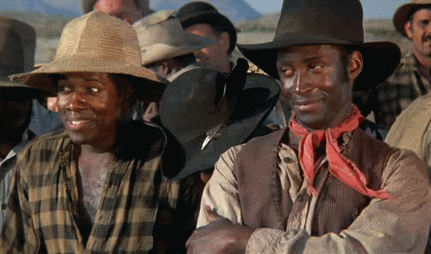
Piracy changed the game. It has hurt a lot of people, and that sucks, but at the same time, it’s created a world where being conservative makes you a dinosaur. It’s forced companies to evolve and actually listen to what their customers want. The world changed. Screaming about how illegal or unfair it is isn’t going to fix much. We’re at a point where almost all of the medium we consume is being adjusted to fit into a brand new paradigm. Whether comics or movies or tv or music, physical media is diversifying and digital media is rapidly expanding. Everything changes, usually for unfair reasons. Pay attention to what came before, look at what people want, and adjust accordingly. You can evolve or die.





